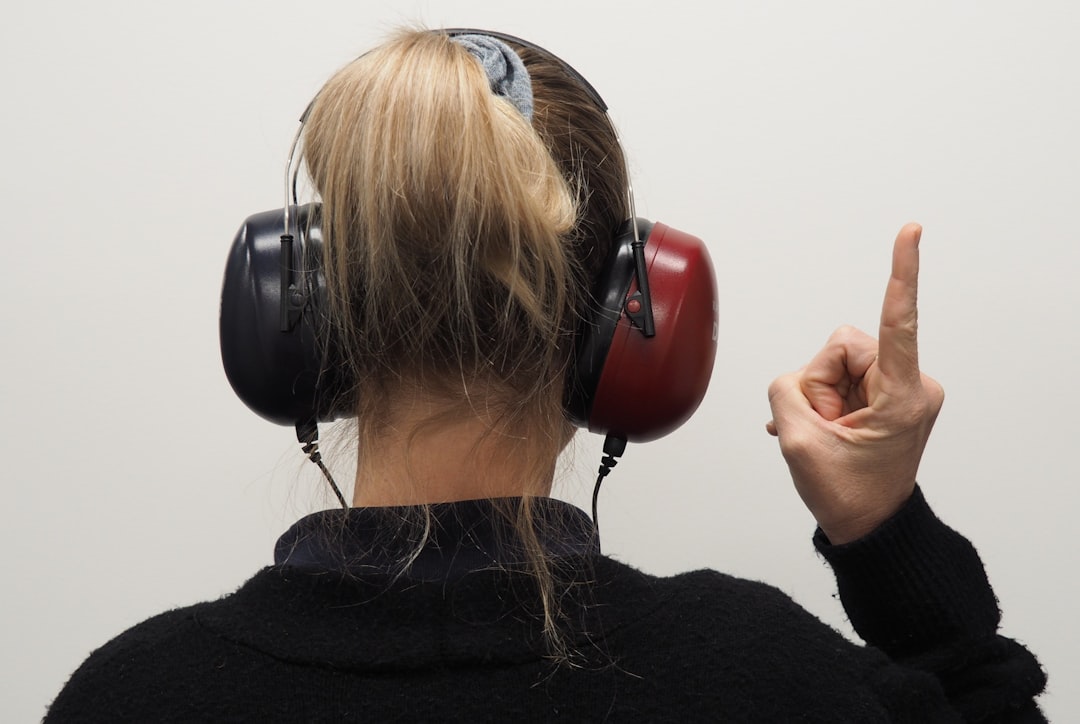What is it about?
In this study, we contextualized hours of cochlear implant use to the amount of time children with normal hearing have access to spoken language to see how that metric impacted language outcomes. By looking at average sleep and awake times for children, we created a formula for Hearing Hours Percentage (HHP). We found that the earlier a child established an HHP of 80% or better, or 80% of an average awake time for a child of that age, the better their expressive and receptive language abilities were by 3 years of age. The age at which a child established an 80% HHP was more predictive of language than age of surgery.
Featured Image

Photo by Richard Sagredo on Unsplash
Why is it important?
Early implantation is important for children with congenital deafness, but without full-time use of the device early surgery can't impact spoken language skills. "Full-time use," and "all waking hours" can be abstract concepts for parents, especially since children are awake for longer periods as they age. Using a metric that compares hearing time for children with cochlear implants to hearing time for children with normal hearing can make more sense to parents. Knowing that establishing an HHP of 80% or better as quickly after surgery as possible gives a concrete goal for parents and clinicians to use.
Perspectives
This was a very collaborative and translational project between researchers, speech pathologists, audiologists, and surgeons. The audiologists and speech pathologists in our clinic saw a need to find out how wear time impacts language, and through work with the research team we were able to create a clinically meaningful metric. Nothing is clear cut with very young children, and device use is no different. We hope that this work challenges clinicians and manufacturers to find even more ways to give infants and toddlers access sound as early and often as their peers with normal hearing.
Lisa R Park
University of North Carolina System
Read the Original
This page is a summary of: Age at Full-Time Use Predicts Language Outcomes Better Than Age of Surgery in Children Who Use Cochlear Implants, American Journal of Audiology, December 2019, American Speech-Language-Hearing Association (ASHA),
DOI: 10.1044/2019_aja-19-0073.
You can read the full text:
Contributors
The following have contributed to this page










